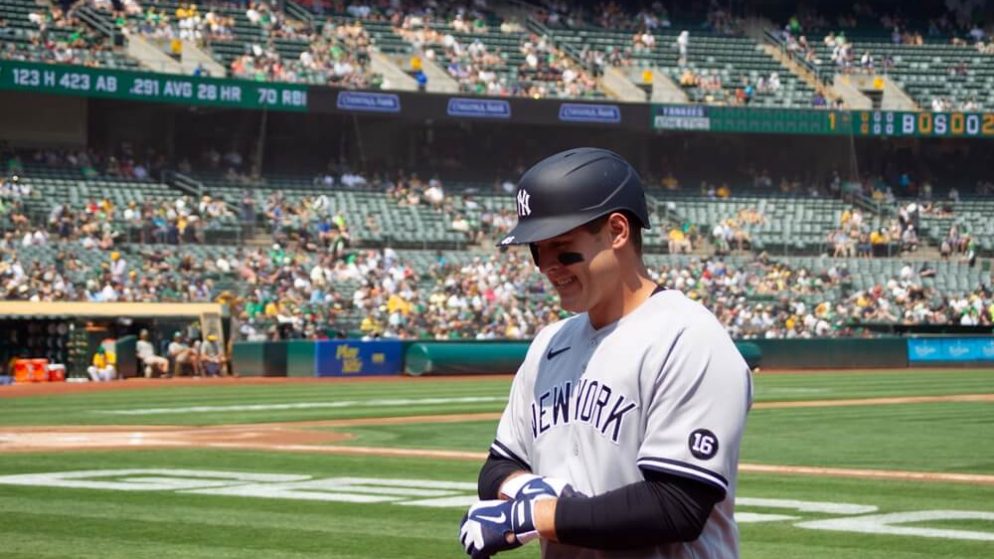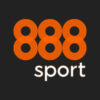

The collective bargaining agreement (CBA) reached between Major League Baseball and the MLB Players Association prevents the league from selling any of the biometric data they track of their players during training sessions. This protective clause prevents the league or any club for that matter from selling or licensing a person’s confidential medical records, which might include the biometric information acquired by wearable technologies such as Whoosh.
Thanks to advanced technologies such as Whoosh, these days it is possible to measure an athlete’s biometric data in real-time such as their respiration rate, temperature levels, blood pressure, and so much more. Various sports content partners and sportsbooks have been letting punters place bets based on these metrics, which is exactly what the clause in the CBA is looking to stop.
And it’s not just sportsbooks that have been using athletes’ biometric data to gain a competitive edge in gambling. TV stations and sports broadcasters have also been known to include biometric data in their programming. The inclusion of this real-time information on a player’s physical state is an appealing add-on that helps to attract the attention of the audience, thus retaining high engagement rates.
Because of this increased interest, there have been growing concerns regarding the ownership of intellectual property, privacy rights, statutory rights of publicity, as well as compliance with new regulations surrounding the use of biometric data. Because each state controls its sports betting market since PASPA legalized sports betting in 2018, the regulations vary from one state to the next.
Since sports betting was legalized in 2018, more than half the country has legalized sports betting in one form or another. As a result of the immense growth that has occurred over the last few years, the collection and use of biometric data that is made available to punters have come under close scrutiny. According to many privacy regulators, an athlete’s biometric data should only be utilized for coaching, development, and decision-making.
In 2017, Major League Baseball made waves when it approved the use of a continuous biometric monitor known as Whoosh that could be worn by all players during matches. The Whoop device was the first of its kind to receive approval from a major American sports league. Major League Baseball does not force their athletes to wear the device- they get to make that choice.
Many of the athletes do wear the device and it is designed to be worn all through, day and night. The gadget is convenient to most athletes as it can be attached to any part of the body. Most athletes use it to measure their sleep, recovery, as well as strain on the body leading up to a competition.
At present, teams and athletes have been relying on the biometric information collected to measure an athlete’s systemic levels in real-time. Having access to this information has had considerable value to the athletes but sports bettors have also been using the information to influence their assessments of an athlete’s and team’s potential performance.
As more sportsbooks continue to strike partnerships with athletes and teams, it has become apparent that specific standards must be set to ensure the protection of athletes. This new CBA has also given MLB athletes leeway to enter into sponsorship deals with betting companies such as DraftKings, PointsBet, FanDuel, and more.
Just recently, NHL star Conner McDavid made history by becoming the first active athlete in a major US league to endorse a sportsbook. Conner signed a sponsorship deal with leading sportsbook BetMGM and will henceforth appear in BetMGM’s campaigns and promotions on TV, as well as social media. Even though this is the first partnership of this kind, the NHL regulations prevent the use of Conner’s name or image in anything beyond rudimentary BetMGM branding.
As a result, Conner will not appear in his kit as the NHL rules strictly prohibit this. The NHL allowed its athletes to promote sports betting operators via its partnership with NHLPA. Most other leagues, including MLB, NBA, as well as NHL prohibit their athletes from promoting sports operators in this manner.
Other leagues also allow wearables
It’s not just Major League Baseball that allows its athletes to make use of wearable technology. The NBA’s CBA also permits athletes to wear biometric monitors. However, the NBA CBA makes it clear that athletes should only have wearable technology during practice sessions. The NBA has also outlined the specific consequences for misuse of this information as leagues are prohibited from using a player’s biometric data during salary or contract negotiations.
Leagues like NASCAR, Women’s Tennis Association, as well as the PGA Tour have also similarly entered into partnership agreements to allow their athletes to wear Whoop during competitions. In the past, the MLB has also allowed their athletes to wear tech from a company known as Motus, which monitors one’s batting and pitching performance.
The sensor, which is typically worn on a pitcher’s arm during games, can measure pitch count, arm speed, rotation, as well as the force used on the elbow with each throw. The information collected by the sensor not only helps to improve a player’s performance but also helps to avoid serious injury thanks to recovery and pitch correction.
The NFL also offered its athletes the chance to monetize their biometric performance data in 2017. The NFL struck the landmark deal with Whoop when it entered a 5-year partnership with the brand with the hopes of keeping track of its athletes’ recovery between training sessions and competitions. The NFL allows the players to control the data and should they choose to do so, athletes are also allowed to sell their biometric information to third parties such as sportsbooks.
As far as collegiate sports are concerned, the National Collegiate Athletic Association is yet to issue overall regulations surrounding the use of wearable technology. With no union to advocate for specific standards surrounding wearable tech such as Whoop, the use of these technologies is controlled by the schools. The NCAA does allow student-athletes to wear these devices during competitions as a means of tracking performance.









